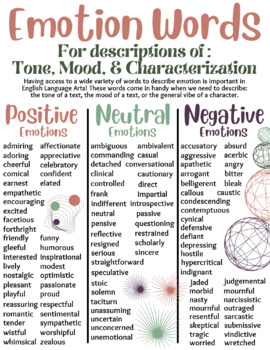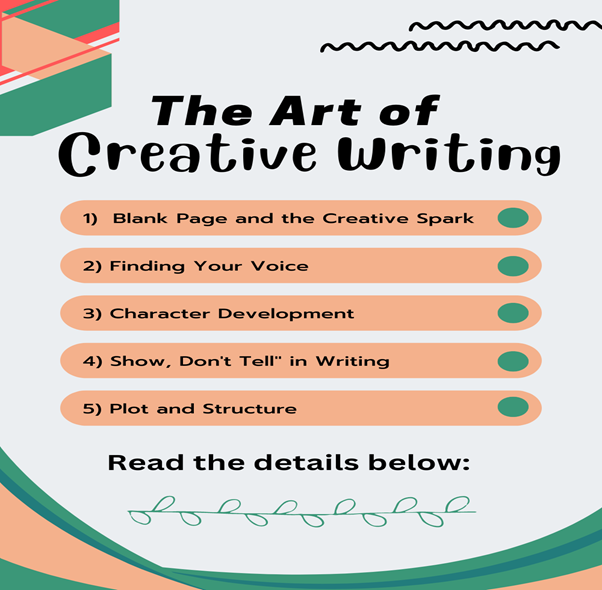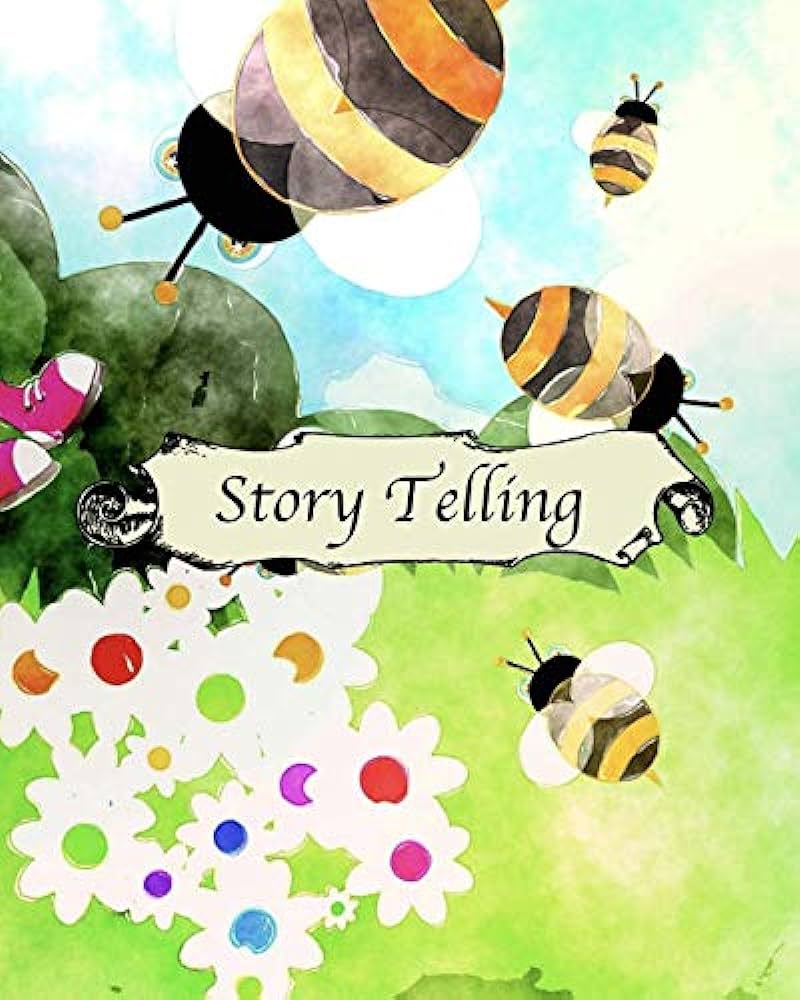Unlocking the Power of Poetry – How to Find Your Voice and Express Yourself
Poetry has been a powerful form of self-expression for centuries. It allows us to convey emotions, thoughts, and experiences in a unique and creative way. If you’ve always been intrigued by poetry but haven’t known where to begin, this blog post will guide you through the process of finding your poetic voice and confidently expressing yourself. Whether you’re a seasoned writer or just starting out, these tips will help you unlock the power of poetry.
1. Discover Your Inspiration: To find your voice as a poet, it’s important to expose yourself to various sources of inspiration. Read poetry from different eras, explore various themes and styles, and immerse yourself in other art forms like music, painting, or nature. Inspiration can come from any aspect of life, so keep an open mind and allow yourself to be captivated by the world around you.
2. Embrace Your Emotions: Poetry is a reflection of the human experience, so tap into your emotions and be honest with yourself. Whether you’re feeling joy, sadness, anger, or love, let your emotions guide your writing. Poetry is an outlet for expressing your deepest feelings, and when you write from a place of authenticity, your words will resonate with others.
3. Experiment with Different Forms: Poetry comes in many forms, such as sonnets, haikus, free verse, and more. Explore different styles and structures to find what resonates with you. Experimenting with different forms can help you discover your own unique voice and enable you to express yourself in ways you never thought possible.
4. Use Vivid Imagery and Metaphors: One of the key elements of poetry is its ability to create vivid imagery. Paint a picture with your words, using metaphors and similes to evoke strong emotions or convey complex ideas. Imagery adds depth and richness to your poetry, making it more engaging and impactful for your readers.
5. Pay Attention to Language and Sound: Poetry is an art where language and sound are crucial. Pay attention to the rhythm, rhyme, and flow of your words. Experiment with alliteration, onomatopoeia, and assonance to enhance the musicality of your poetry. The right combination of words and sounds can create a powerful and memorable poetic experience.
6. Edit and Revise: Writing poetry is a process that involves editing and revising. Once you’ve written a draft, take the time to read it aloud and make necessary changes. Refine your language, remove unnecessary words, and ensure that each line serves a purpose. Don’t be afraid to rewrite or experiment with different versions of a poem until it feels just right.
7. Share and Seek Feedback: Sharing your poetry with others can be a vulnerable experience, but it also allows you to grow and improve. Join writing communities, share your work with trusted friends, or even consider attending poetry workshops or open mic nights. Feedback from others can provide valuable insights and help you refine your poetic skills.
8. Embrace the Journey: Poetry is a continuous journey of self-discovery and growth. Embrace the process, and don’t be discouraged by challenges or writer’s block. Keep writing, experimenting, and learning. Your poetic voice will evolve and become more refined over time.
In conclusion, poetry offers a powerful medium for self-expression and finding your voice. By embracing inspiration, emotions, experimenting with different forms, using vivid imagery, paying attention to language and sound, editing, seeking feedback, and embracing the journey, you can unlock the power of poetry and express yourself in a truly authentic and beautiful way. So, grab a pen, let your thoughts flow, and start exploring the magical world of poetry.











